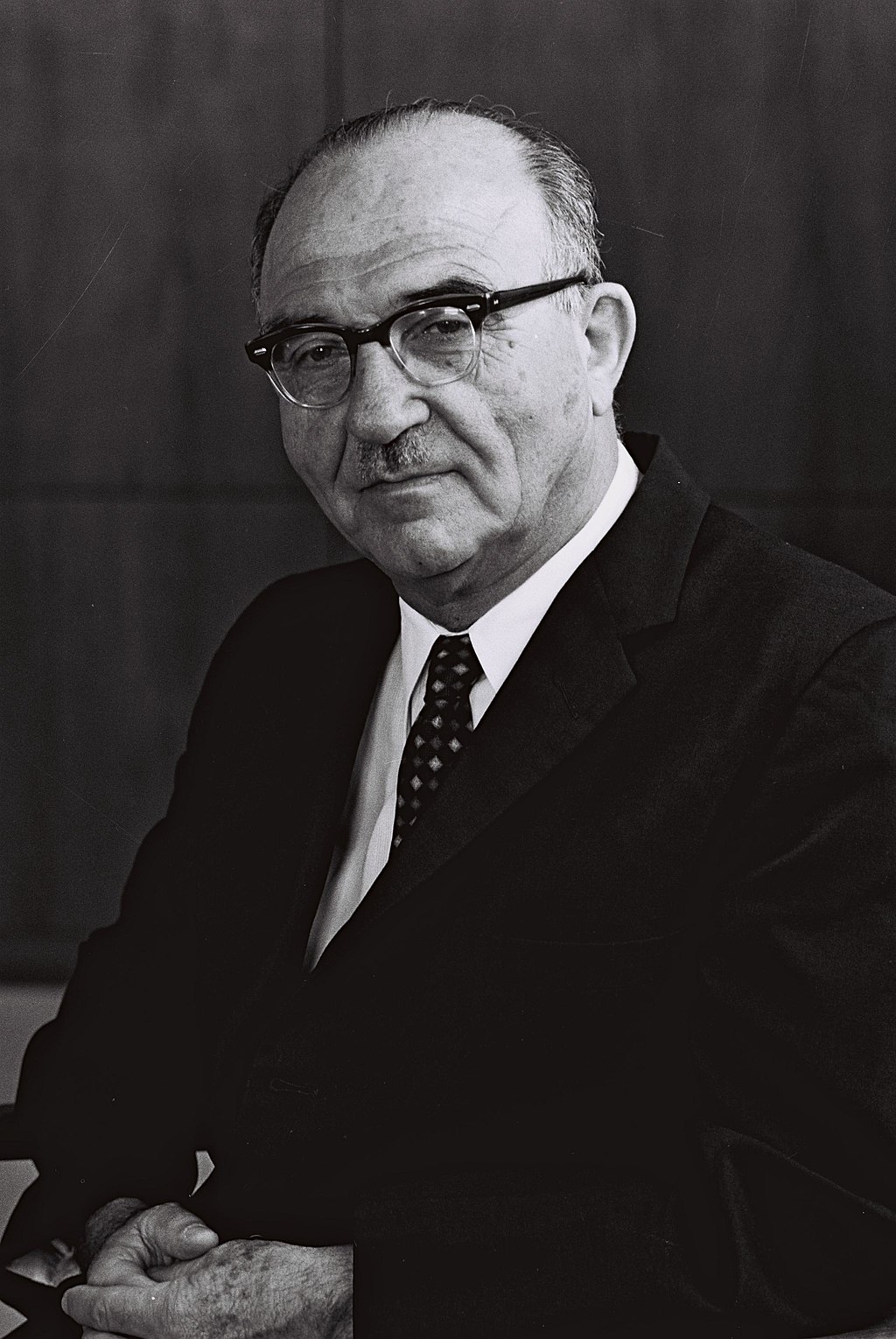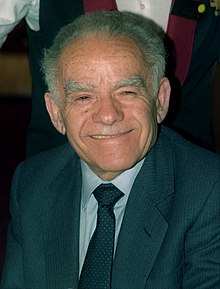Introduction
Levi Eshkol was Israel’s third Prime Minister, serving from 1963 until his death in 1969. Born on October 25, 1895, in Orativ, Ukraine, Eshkol played a crucial role in the establishment of the State of Israel and was instrumental in shaping the nation’s infrastructure and defense. His tenure as Prime Minister saw significant challenges, including the lead-up to the Six-Day War, but he is remembered for his calm leadership and focus on economic development and integration of immigrants.
Early Life and Zionist Activities
Eshkol emigrated to Palestine in 1914, during the time of the Second Aliyah, a period characterized by the arrival of many Jewish pioneers. He was actively involved in agricultural settlement, helping to establish several kibbutzim and working towards the development of a self-sufficient Jewish community. Eshkol’s early experiences in agricultural communities shaped his belief in collective labor and cooperation as essential elements of the Zionist project.
Throughout the 1930s and 1940s, Eshkol held various leadership roles within the Jewish Agency and the Haganah, the pre-state defense organization. He was responsible for securing arms and organizing immigrant absorption, laying the groundwork for the burgeoning Jewish state.
Economic Leadership and Infrastructure Development
As Minister of Finance in the 1950s, Levi Eshkol was instrumental in transforming Israel’s economy. He focused on large-scale infrastructure projects, including the National Water Carrier, which became a lifeline for Israel’s agricultural development. Eshkol’s policies helped stabilize the economy during a period of rapid growth and immigration, ensuring that Israel could accommodate the influx of Jewish refugees from Europe and the Middle East.
Eshkol’s emphasis on infrastructure development was key to Israel’s economic stability and growth, and he is often credited with laying the foundation for the country’s future prosperity. His pragmatic approach to economic challenges earned him respect as a capable and effective leader.
Prime Ministership and the Six-Day War
Eshkol became Prime Minister in 1963, succeeding David Ben-Gurion. His leadership style was markedly different from that of his predecessor; where Ben-Gurion was charismatic and often confrontational, Eshkol was known for his conciliatory and inclusive approach. He sought to build consensus within the government and was instrumental in fostering a sense of unity during a period of increasing regional tension.
In 1967, the buildup to the Six-Day War tested Eshkol’s leadership. Initially criticized for his hesitant response to the mounting threat from Egypt, Syria, and Jordan, Eshkol ultimately demonstrated strong leadership by forming a unity government and appointing Moshe Dayan as Minister of Defense. The subsequent victory in the Six-Day War dramatically altered the geopolitical landscape of the Middle East, solidifying Eshkol’s place in Israeli history.
Legacy and Impact
Levi Eshkol passed away in office in 1969, leaving behind a legacy of nation-building and pragmatic leadership. He is remembered for his contributions to Israel’s economic stability, his focus on immigrant integration, and his calm leadership during a period of existential threat. The city of Kiryat Eshkol and the Levi Eshkol National Park are named in his honor, reflecting his enduring impact on the development of Israel.
Eshkol’s leadership was characterized by his belief in dialogue, compromise, and collective effort. His emphasis on economic development and infrastructure laid the groundwork for Israel’s prosperity, and his tenure as Prime Minister is remembered as a time of both challenge and significant achievement.



